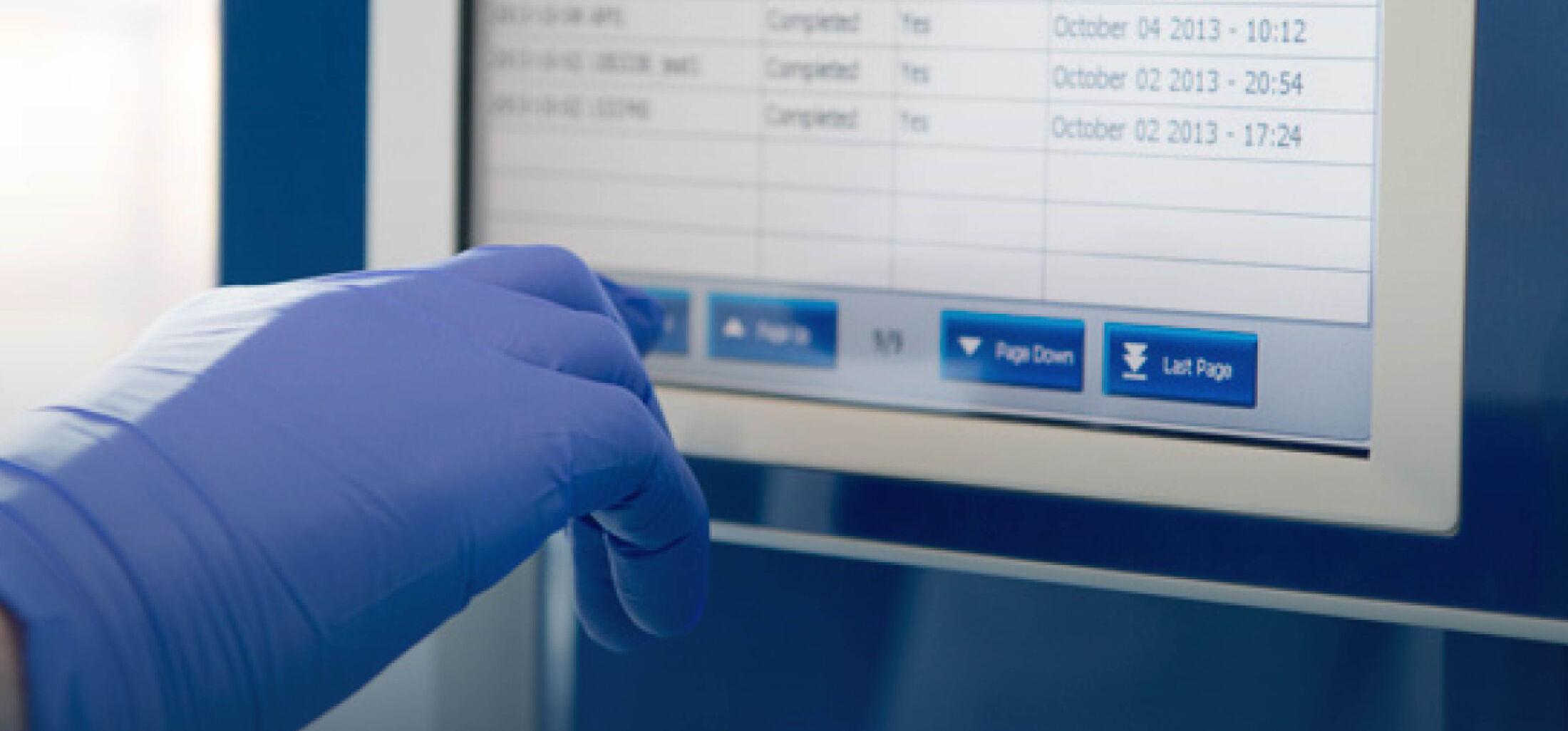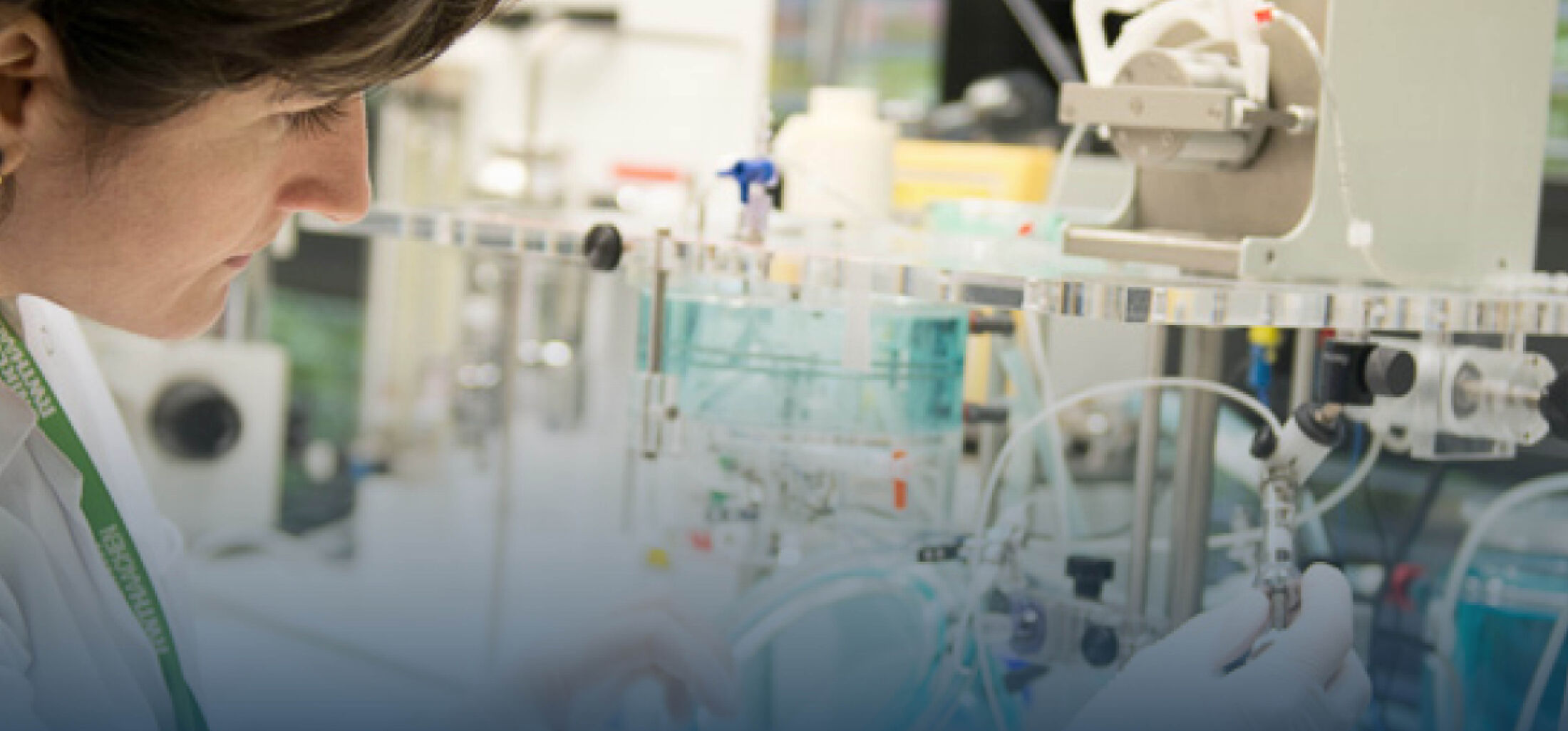Joint Research Center for Computational Biomedicine
The Joint Research Center for Computational Biomedicine is dedicated to research, development and application of advanced computational technologies for biomedicine in research and clinics.
The JRC has been founded in 2013 as the first private-public partnership between RWTH Aachen University, University Hospital Aachen and Bayer AG as industrial partner. Today the JRC integrates four institutes from the faculty of medicine, all dedicated to research, application, and teaching in advanced computational methods for systems biology, systems medicine and healthcare utilization. As a hub for computational research, the JRC has tight interactions with biological and clinical research groups as well as with the computational science community at RWTH Aachen University and FZ Julich.
(Participation in large consortia and strategic cooperations)
- Center for Computational Life Sciences (CCLS)
- Prognosis MONID (BMBF)
- EDITH
- Bio2Integrate
- SMITH Consortium (Medizininformatik Initiative BMBF)
- NHR4CES (SimLab Digital patient)
- HDS-LEE
- Fibromap – E:med BMBF
- Clinical Research Group CRU 344 (MPN)
- Clinical Research Group CRU 5011 (InteraKD)
- Mc Gill University, Montreal
- Bayer AG, Leverkusen
- ATOS SA, Munich
Academic community activities
- Max Planck Institute Magdeburg (AS, Kuratorium)
- Clinnova Consortium (Luxemburg) (AS, Scientific Advisory Board)
- Profilbereich Medical Science & Technology MedST, Aachen (AS, Steering Committee)
- Profilbereich Informations- und Kommunikationstechnologie ICT, Aachen (AS, Guest Steering Committee)
To see the highlight publications, please click here.
The JRC is located at the 3rd floor of the MTZ building, Pauwelsstr. 19, 52074 Aachen at the RWTH Aachen Campus Melaten.
News from the Joint Research Center for Computational Biomedicine
News

Younes Müller erhält Best Poster Award
Wir freuen uns, dass unser wissenschaftlicher Mitarbeiter Younes Müller den Best Poster Award auf der zweiten Jahrestagung des Modellierungsnetzes für schwere Infektionskrankheiten (MONID) erhalten…

Prof. Andres Schuppert erhält erste DIVI-Ehrenmedaille
Die Deutsche Interdisziplinäre Vereinigung für Intensiv- und Notfallmedizin (DIVI) zeichnete Univ.-Prof. Dr. rer. nat. Andreas Schuppert, Leiter des Instituts für Computational Biomedicine an der…

Erster Platz beim Wissenschaftspreis des Zentralinstituts für die kassenärztliche Versorgung 2021 geht an Prof. Schuppert
Das Zentralinstitut für die kassenärztliche Versorgung (Zi) hat 2021 Univ.-Prof. Dr. rer. nat. Andreas Schuppert, Leiter des Instituts für Computational Biomedicine an der Uniklinik RWTH Aachen, und…

Medientipp: Prof. Andreas Schuppert über den Einsatz von Digitalen Zwillingen – Artikel im Magazin x.press
Digitale Zwillinge gelten als ein wichtiger Meilenstein auf dem Weg zur personalisierten Medizin: Die virtuellen Doppelgänger könnten künftig krankheitsrelevante Parameter für einen individuellen…

Molekulare Infarktkarte des Herzens: Interdisziplinäre Forschungsergebnisse aus Aachen und Heidelberg im Fachmagazin Nature veröffentlicht
Herzinfarkte sind nicht nur akute medizinische Notfälle, auch nach erfolgreicher Erstbehandlung können schwerwiegende und zum Teil tödliche Spätfolgen auftreten. Ursache hierfür sind die nach einem…

Congratulations to PhD candidate Rebekka Fendt
PhD candidate Rebekka Fendt won a prize for her poster at the Quantitative Systems Pharmacology Conference 2022 in Leiden, NL. Congratulations!

COVID-19 kann Schädigungen der Nieren verursachen
Forscherinnen und Forscher der Uniklinik RWTH Aachen und der Radboud Universität Nijmegen zeigen in einer Studie, dass das Coronavirus SARS-CoV-2 die Nieren infizieren und dabei Gewebevernarbungen,…










